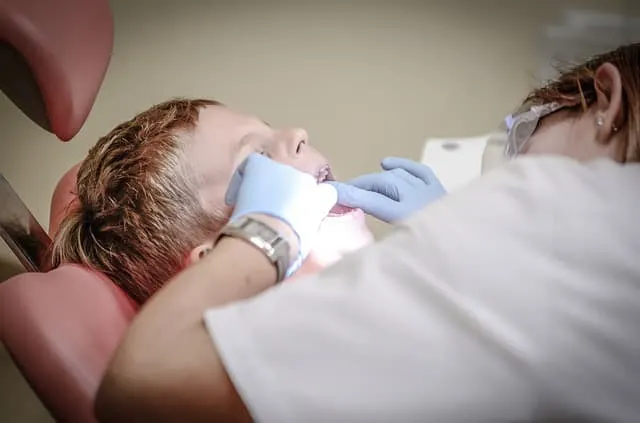
Parents are expected to take care of their children’s needs to the best of their abilities, but what about the needs that are not as evident? It is possible that your child could be in need of dental care, and you are not aware of it. It is often this combination of a knowledge gap and a delay in treatment that makes things worse than they needed to be. Treatmentscostmore and children suffer for a longer period of time, making it an all-round bad situation to be in as a parent.
To avoid ever being in such a situation, learn to tell if something is indeed wrong with your child’s oral health by going through the following clues and tips.
Persistent or FrequentToothache
The relationship between toothache (pulpitis) and oral health problems is as direct as it can be, but it still goes undetected or ignored often. There are two main reasons why this happens:
- Most parents consider their children’s toothaches to be normal and common
- Children will often hide their pain to avoid going to the dentist
Although it is true that a lot of children do suffer from toothaches frequently, the reason is almost never as normal as parents might consider them to be.If your child complains about frequent toothaches, they need to see a paediatric dentist. If a sudden and sharp toothache persists for more than 12 – 18 hours, that should be treated as a dental emergency.
To get a better idea of what could be causing your son/daughter to experience those frequent/sudden toothaches, consider the following reasons:
- Cracked tooth
- Something lodged in between the teeth (hard food, bone shard, broken piece of a toy, etc.)
- Tooth decay and consequent cavities
- Root abscess
- Gingivitis or early-stage gum disease
All of the above are deemed as common causes of pulpitis by experts, so consult with a dentist in Brisbane to have it checked out as soon as possible. Pure Dentistry’s team of children’s dentists in Brisbane are trained and experienced in treating children with the care they need.
This ensures that your child will have a good experience on their very first visit. This is important because a good first impression leaves children with no reason to hide their future toothaches or other dental issues.
How to Tell If Your Child is Hiding a Toothache
As mentioned, some children may hide their pain for as long as they can, just to avoid going to the dentist. Children learn to fear dentists either from a painful or unkind first experience or after listening to a second-hand experience from another child. If something is wrong, the pain will eventually become unbearable, but parents should be able to tell that something is wrong long before it can get to that stage. Look for the following signs:
- Note if they are eating less and avoiding chewy/hard food in an uncharacteristic manner
- Note if they are chewing their food very slowly and only from one side of their mouth
- They may request to have their meals in their own room to avoid suspicion
- A Child with a toothache will often wince while chewing
- An offer of ice cream might be rejected by a child to protect their sensitive teeth, which is an immediate tell
- Note how they brush their teeth, since slow brushing and brushing just one side indicate pain
- Note if there is any blood in the sink after they brush
There could be other, more obvious signs such as swollen gums, fever, and halitosis, but if it has already reached that stage, the situation should be treated as a dental emergency.
Check for Crooked Teeth and Misalignments
If a child develops crooked teeth, an overbite, or any other type of malocclusion, this must be corrected at an early age.
Misaligned teeth and/or jaws can lead to series of additional problems later, but the timely use of braces by an orthodontist can help the child avoid all that. Get your child’s teeth, and jaw checked for abnormalities or misalignments every time you take them to a kids dentist because malocclusions are not always present from birth. Some of them only begin to make themselves apparent after a certain age, but most can be prevented or corrected to a great degree.
Attention is key to detecting anything, and your child’s dental issues are not an exception to that rule either.
Keep a close eye on any sudden dietary changes and do listen to your son/daughter when he/she tells you about a toothache. It is not uncommon for children to ignore dental issues for as long as they can because their parents told them it is nothing to worry about when they complained the first time. Children believe their parents, so do not let that trust work against them.
Bi-annual check-ups at the dentist should be the norm, even when nothing was wrong with their oral health the last time.
- Sagittarius Man & Gemini Woman Love and Sex Compatibility - January 31, 2024
- Taurus Ascendant Rising Personality Traits in Men (Guide) - January 31, 2024
- How to Seduce and Attract a Sagittarius Man (Seduction Tips) - January 31, 2024
